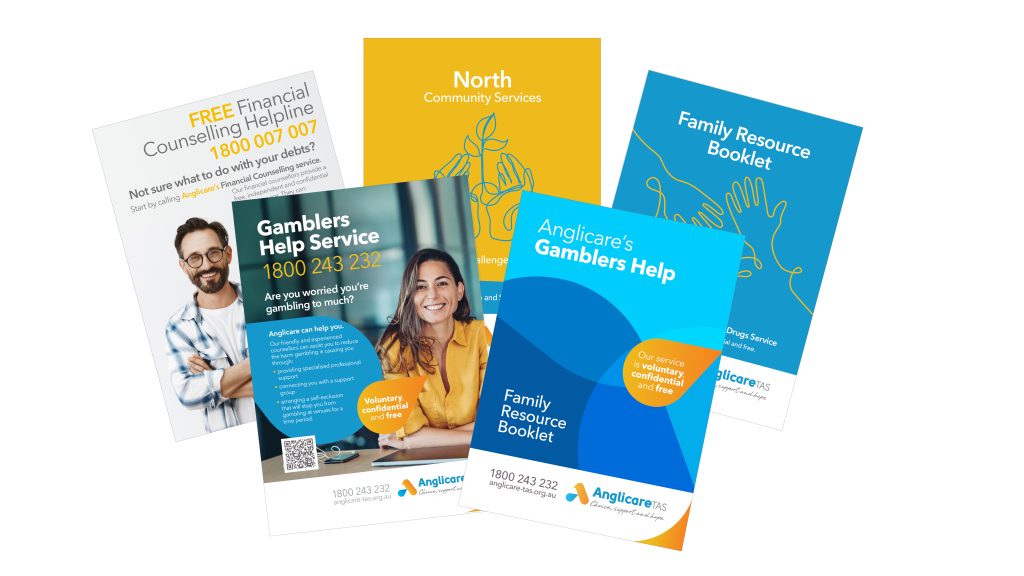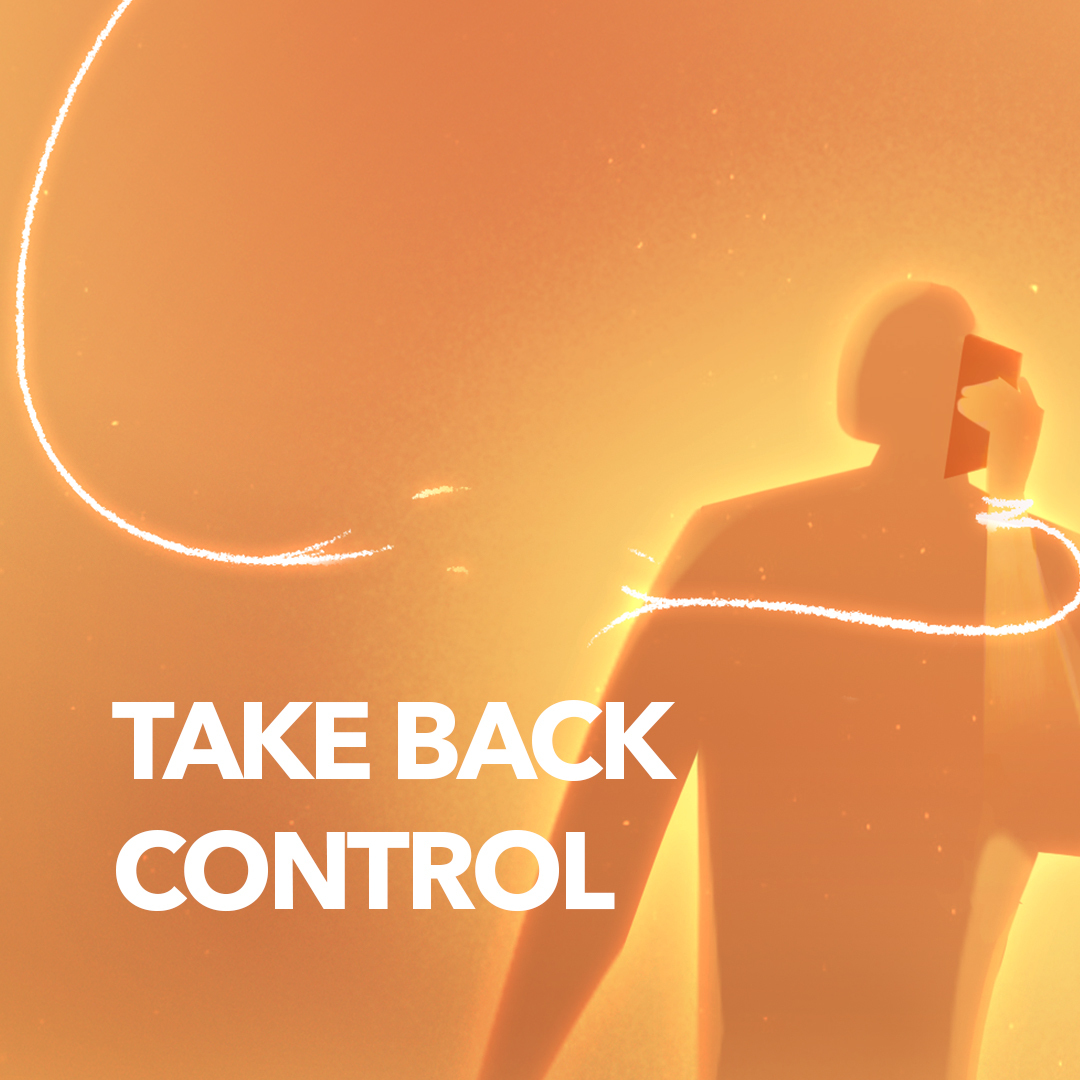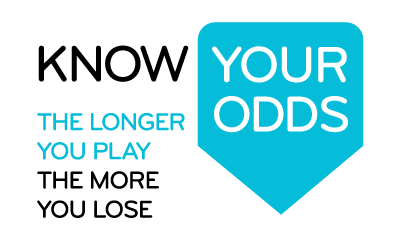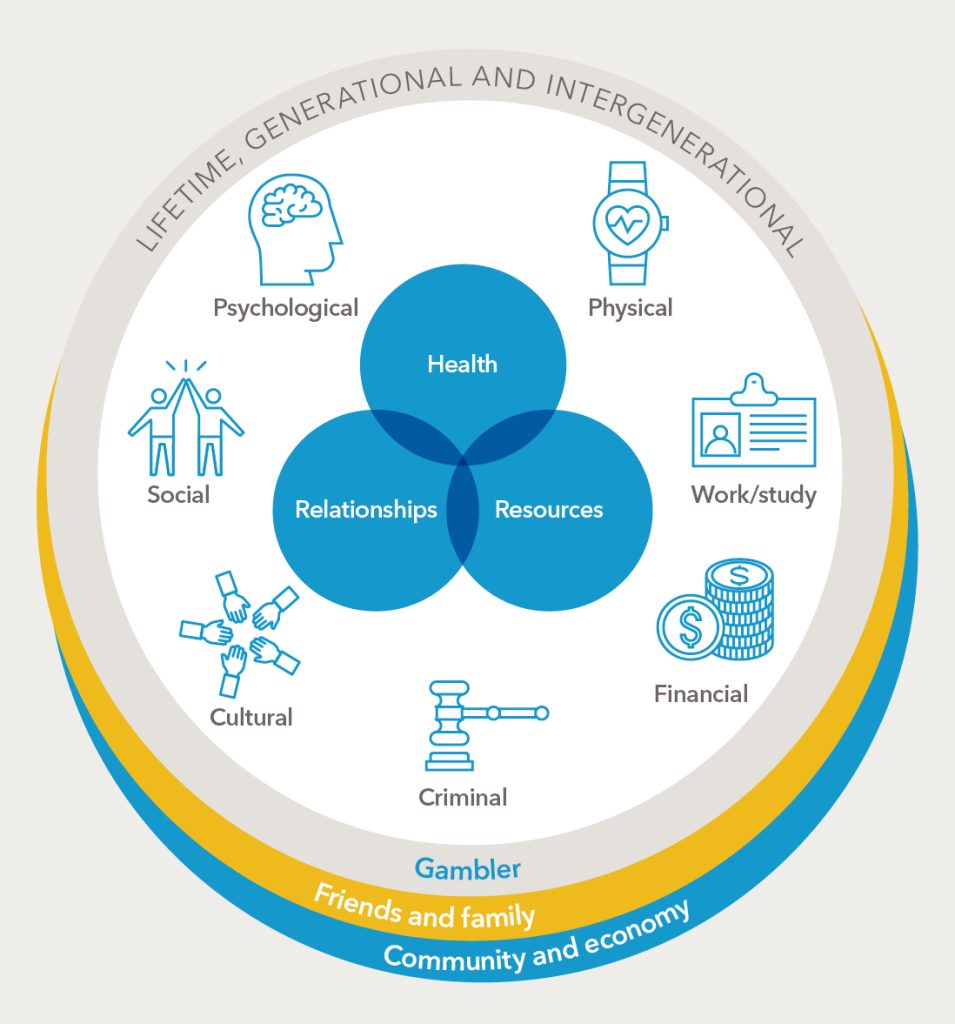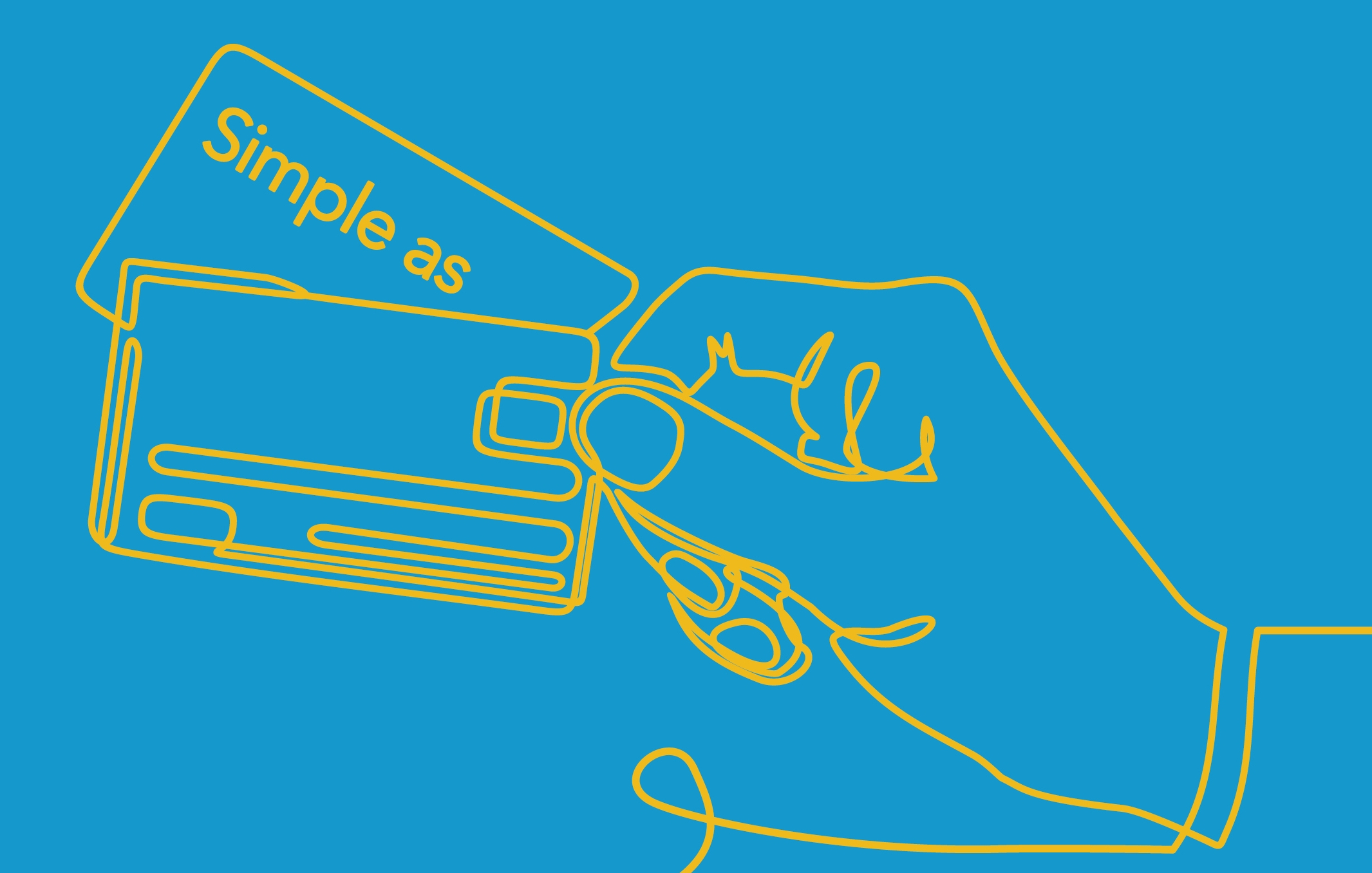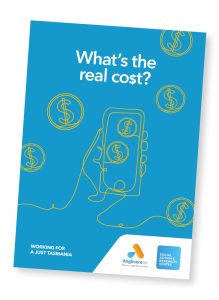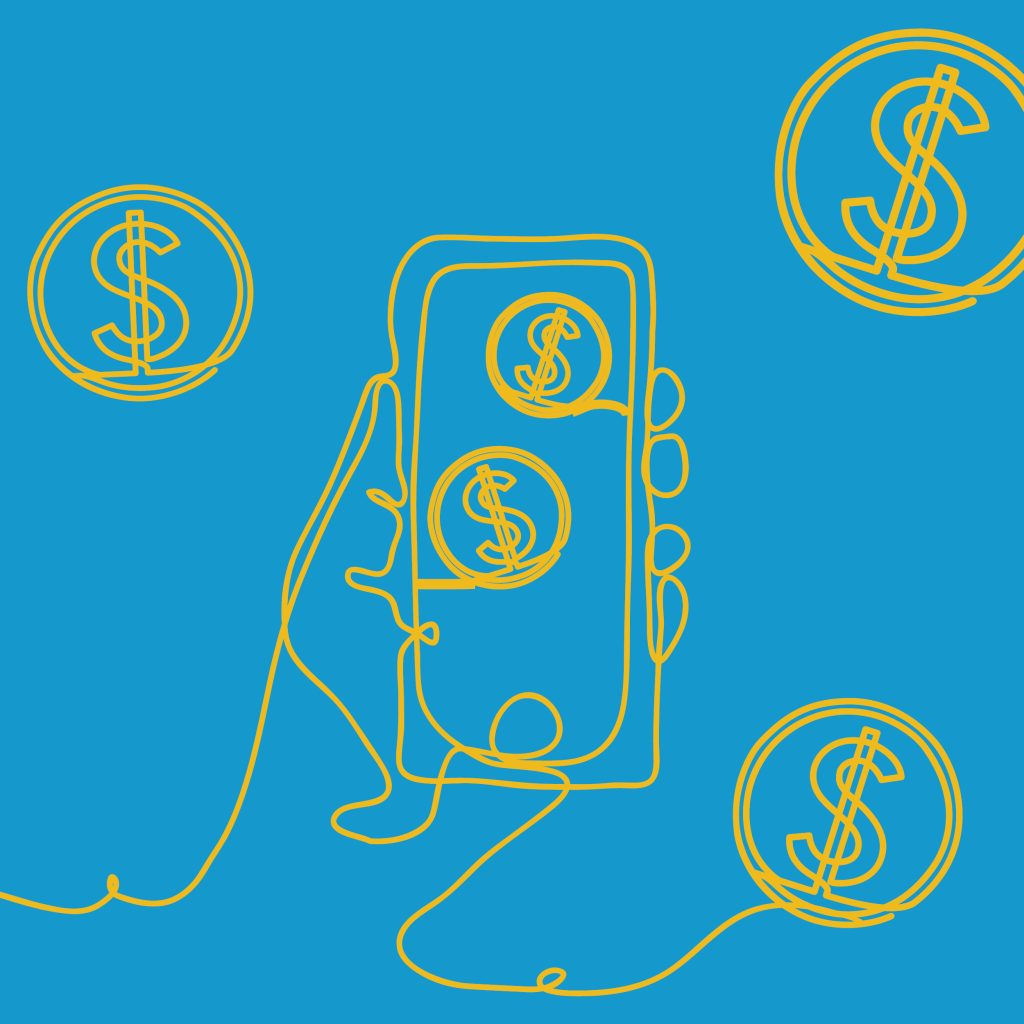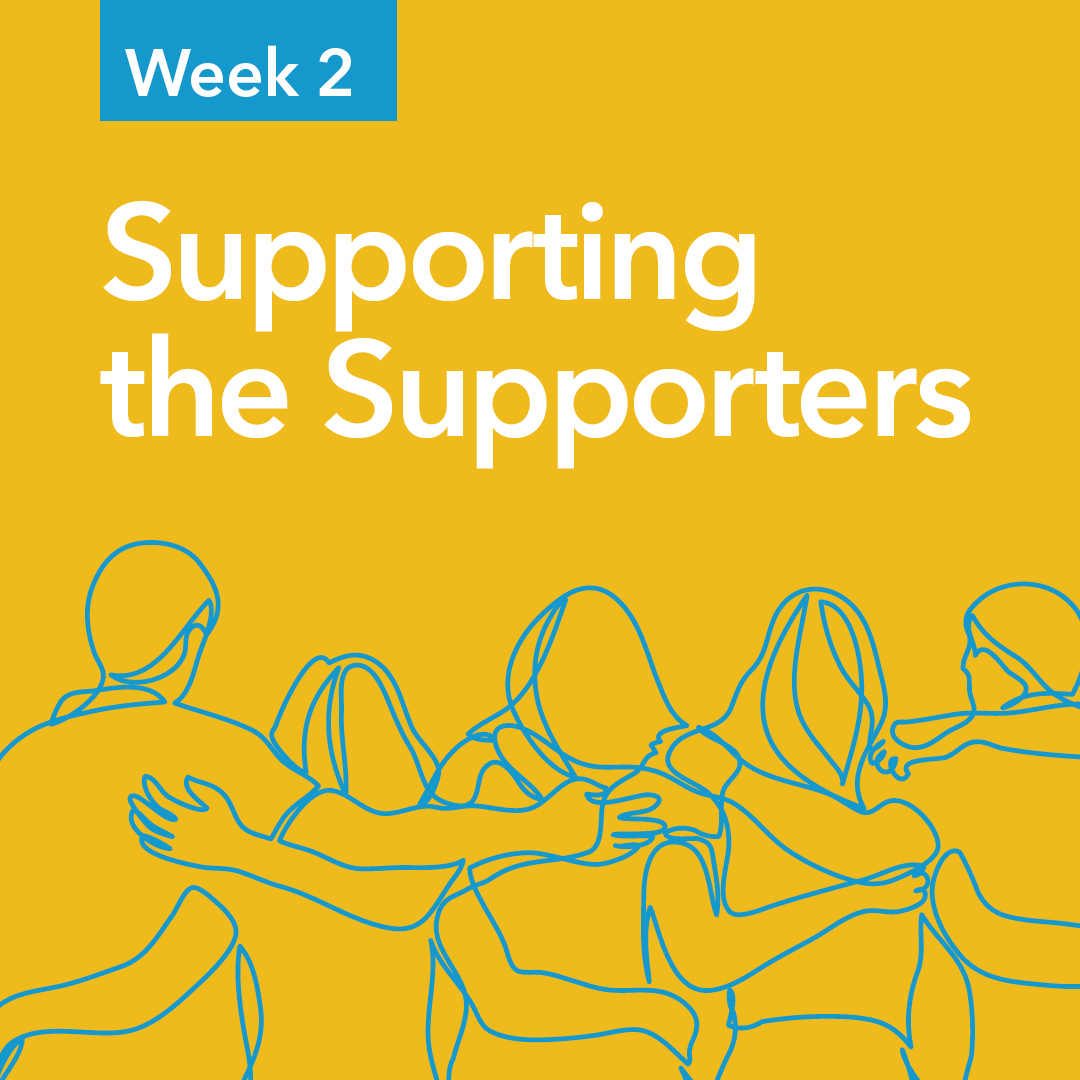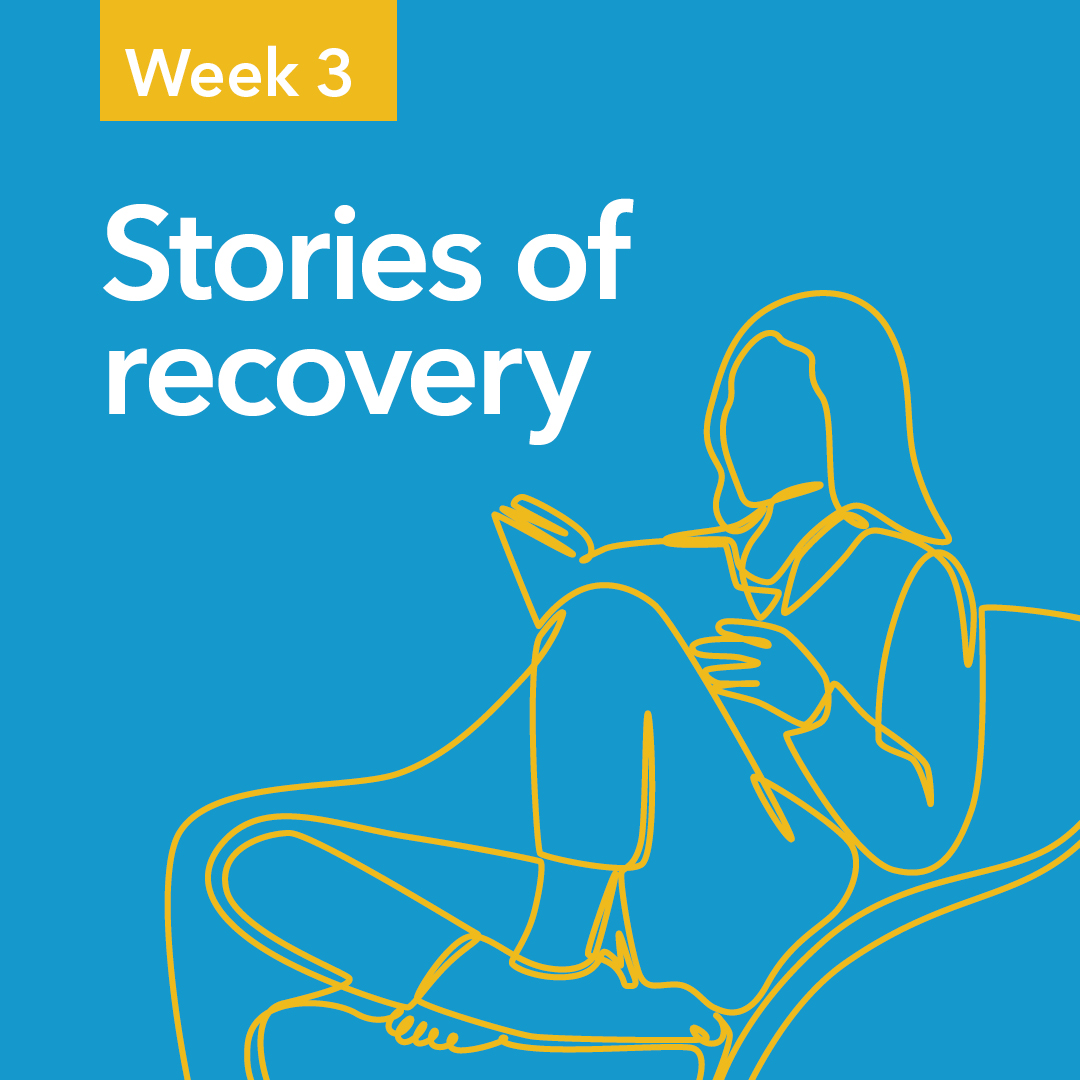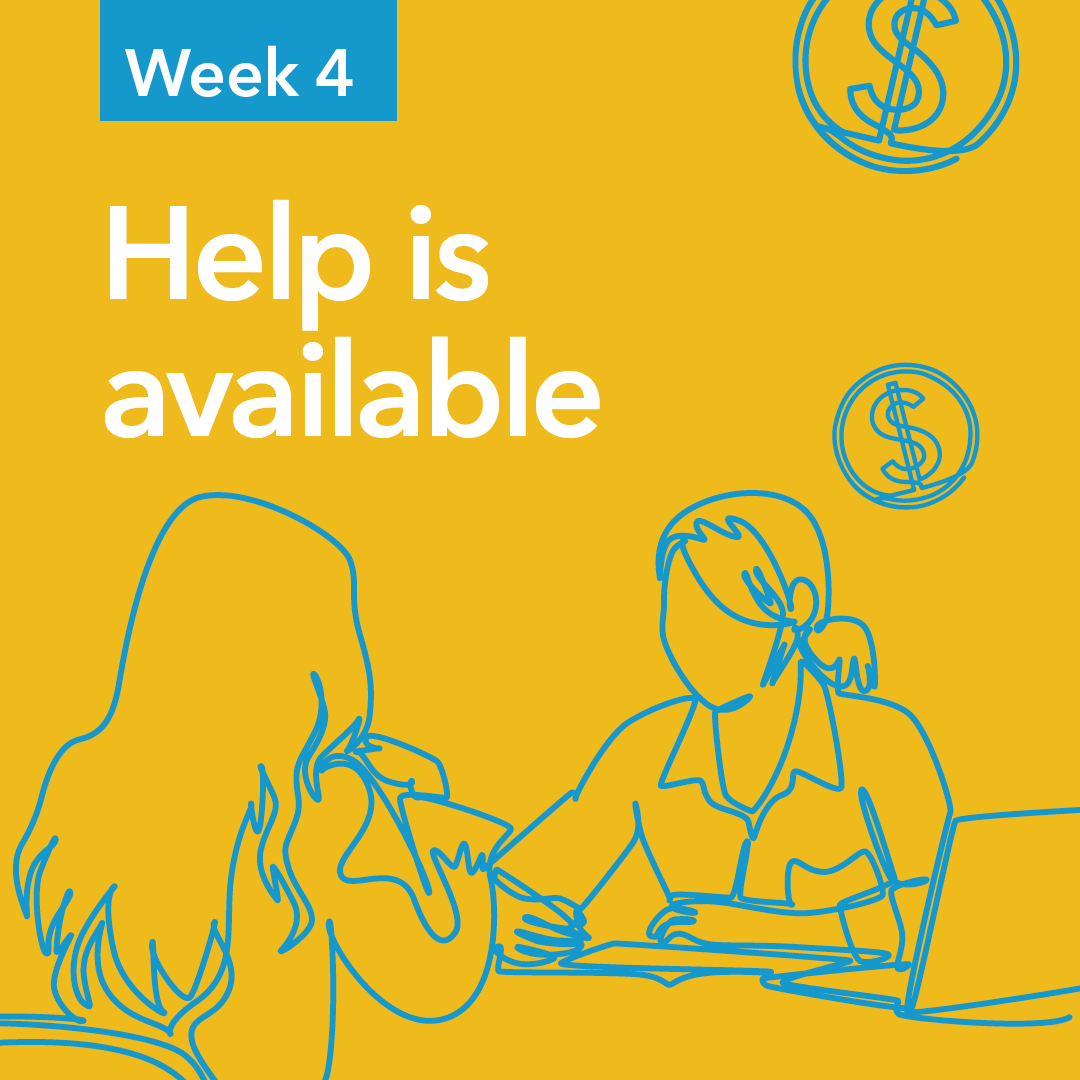Case Study: Gail
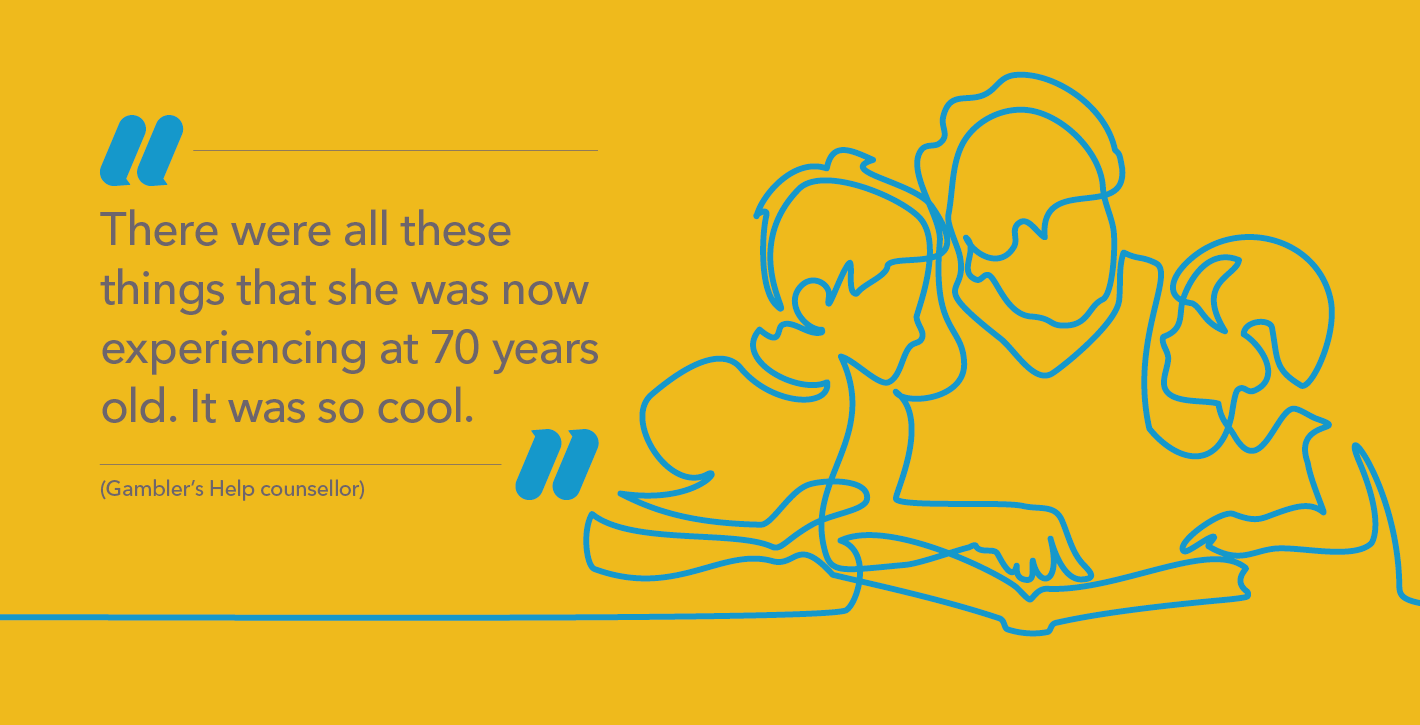
Gail is 70 and lives on the age pension. She enjoys gambling but would not say that she has a problem. However, when she found herself facing some unexpected bills, she decided to contact Gamblers Help and request a period of self-exclusion while she got on top of things.
It didn’t take Gail long to pay off the bills and then she found that she was saving money. For the first time in ten years she was able to fly to Queensland to visit her daughter Sue and her grandsons Joey and Daniel, who she described as “the bee’s knees”.
At the end of the self-exclusion period, Gail contacted Gamblers Help to have it extended. She told the counsellor that during the period of self-exclusion she didn’t feel like gambling at all. She couldn’t believe she would previously sit at a machine for hours just putting money into it and walking away with nothing. Her trips to see family were far more valuable than gambling.
She discovered she could do many things that she had not been able to do before. She is able to buy Christmas gifts for her grandchildren and no longer has the stress of making up excuses why she can’t afford them. She has also joined a film class, a poetry class and a book writing group.
